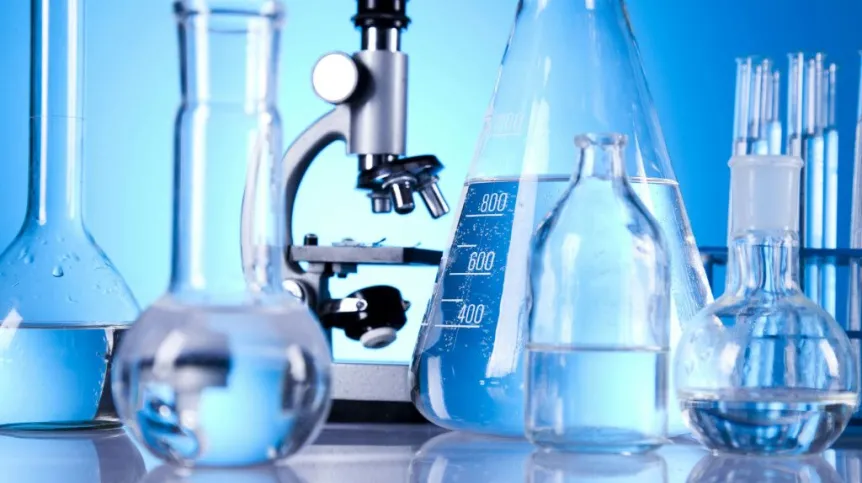
Students from the University of Warsaw and the Medical University of Warsaw want to create a environmentally safe bacteria that could assist the recovery of rare earth metals. The project is part of iGEM competition for young researchers, the finals of which will be held at MIT in Boston.
The iGEM (International Genetically Engineered Machine) competition is organized by the prestigious American MIT. The competing teams carry out synthetic biology projects. "iGEM Team Warsaw", composed of students from the Faculty of Biology, University of Warsaw and the Medical University of Warsaw, will participate in the competition for the seventh time. The finals will be held in the autumn.
"We want to obtain bacteria able to recover rare-earth metal ions, lanthanides, from the environment" - told PAP team member of iGEM Team Warsaw, Małgorzata Maksymowicz, biology student at the University of Warsaw. Rare earth metals (15 elements) are necessary in the production of electronic devices, but it is difficult to recover them from devices. In addition, the access to these elements is not easy - the world\'s resources are limited and almost entirely located in China.
Students from iGEM Team Warsaw hope that the bacteria they designed could help in the recovery of precious elements from sewage.
For now, young research are working on the modification of E. coli (strains not harmful to humans, typically used in laboratories), which will allow the recovery of ions of only one of the lanthanides - gadolinium. According to Maksymowicz, students introduce into the bacterial DNA a gene that allows bacteria to accumulate gadolinium ions. Maksymowicz added that similar mechanisms occur naturally in bacteria, which recover iron. "We\'re always looking for DNA sequences that would allow bacteria to recover various other rare earth metals, not just gadolinium" - explained the student.
"iGEM Team Warsaw" wants to design a bioreactor that will purify waste water or groundwater from the lanthanides and recovering these elements. Wastewater would flow through a tank containing bacteria, and the bacteria would absorb lanthanides. Bacteria from sewage would then be filtered and the collected elements could be recovered.
Maksymowicz said that last year, "iGEM Team Warsaw" also competed in iGEM and won the gold medal in the European finals. Students developed a bacteria, which could detect acrylamide in foods - a carcinogenic substance formed, for example, during frying of food.
"In the iGEM finals you can meet a lot of people with original ideas. There were projects concerning philosophers\' stone, plants for sewage treatment, blood purification system. Participants can meet many interesting people, and learn a lot" - described Maksymowicz.
The main objective of the competition is to improve the quality of life in the world. Therefore, in addition to work in the lab, Warsaw students began human practice activities, this year focusing primarily on expanding the awareness of users of electronic equipment. During the Science Festival in September, iGEM Team Warsaw will prepare a workshop devoted to upcycling and design of simple bacterial machines at the Faculty of Biology, University of Warsaw.
PAP - Science and Scholarship in Poland, Ludwika Tomala
lt/ agt/ mrt/
tr. RL













